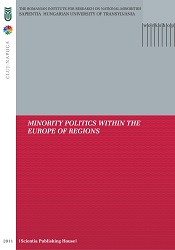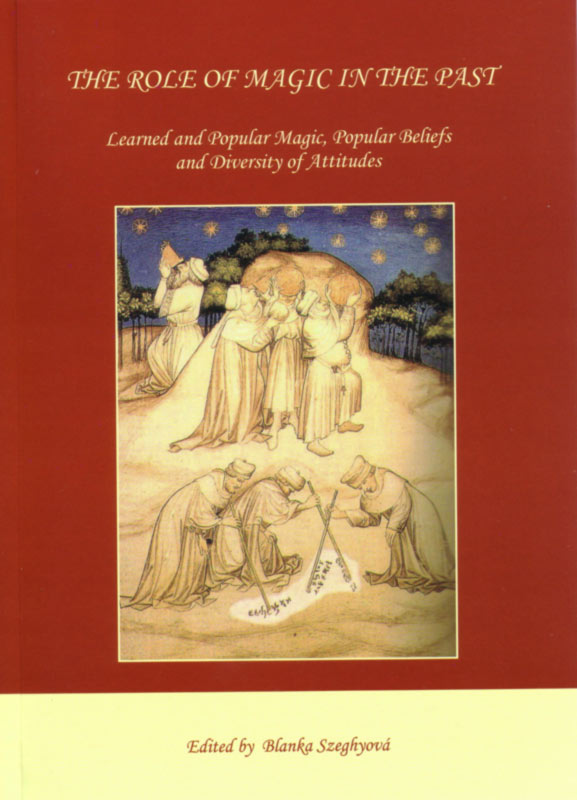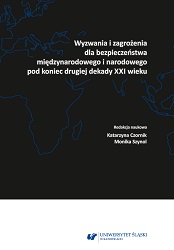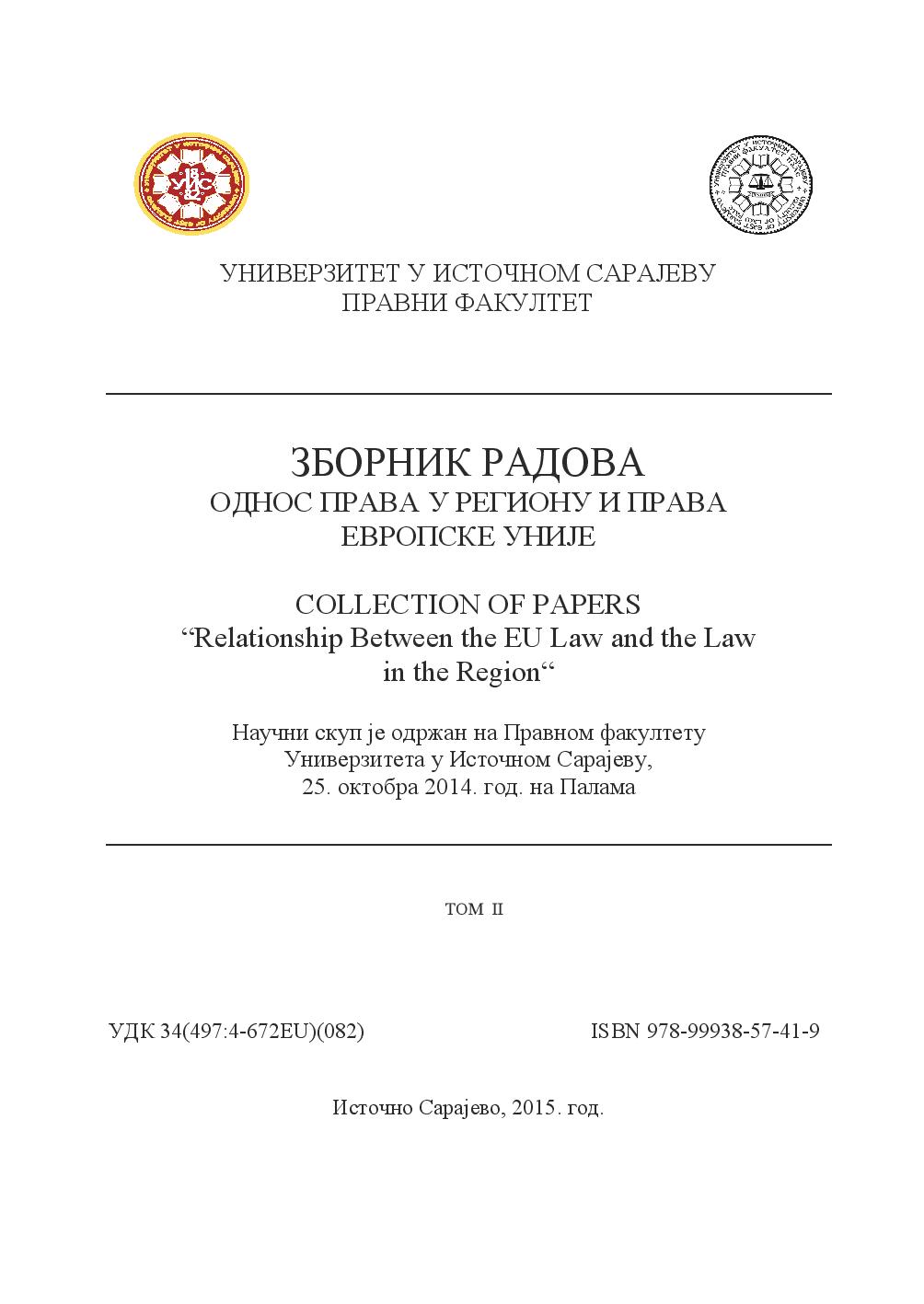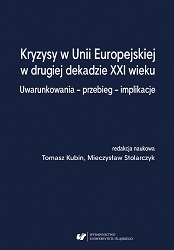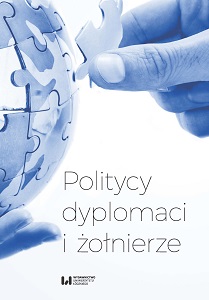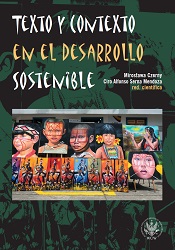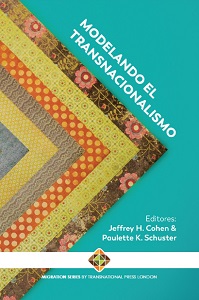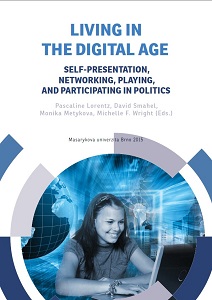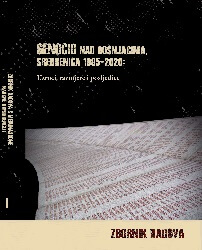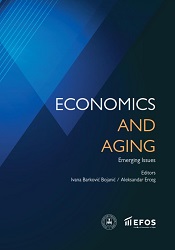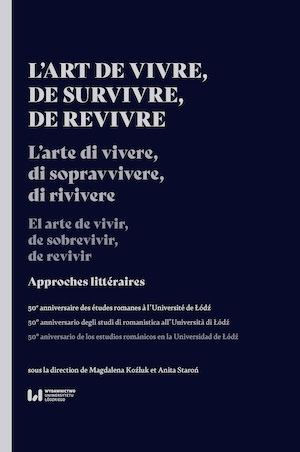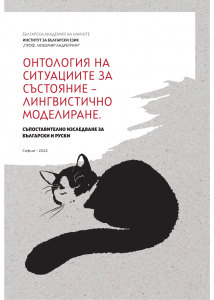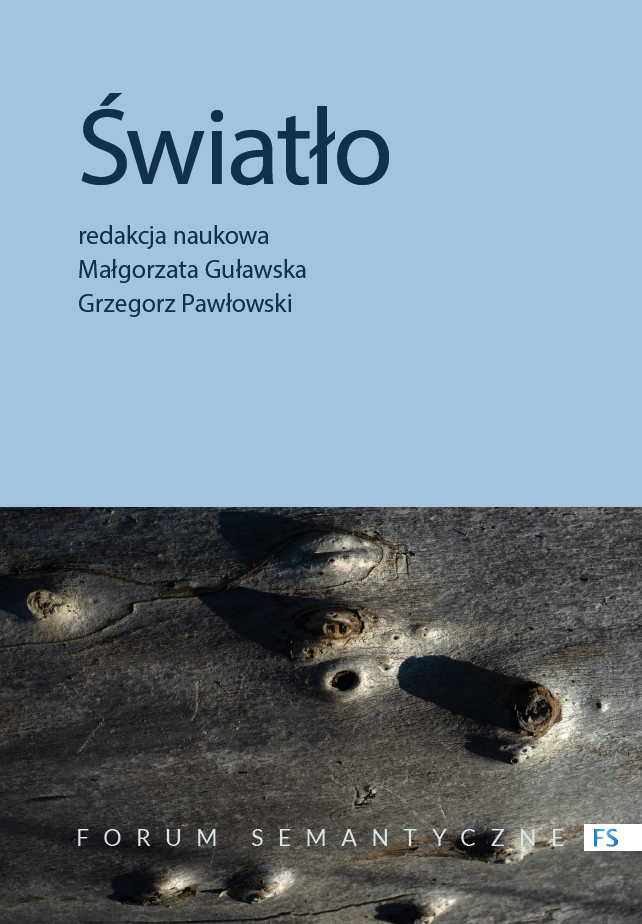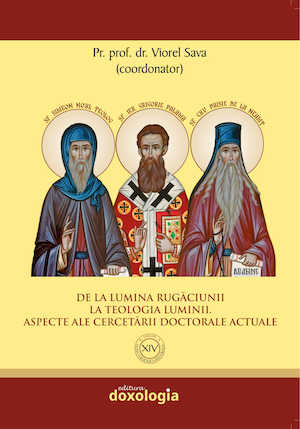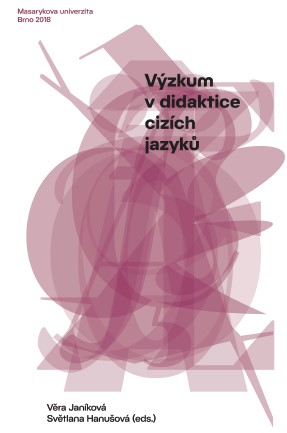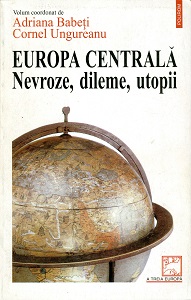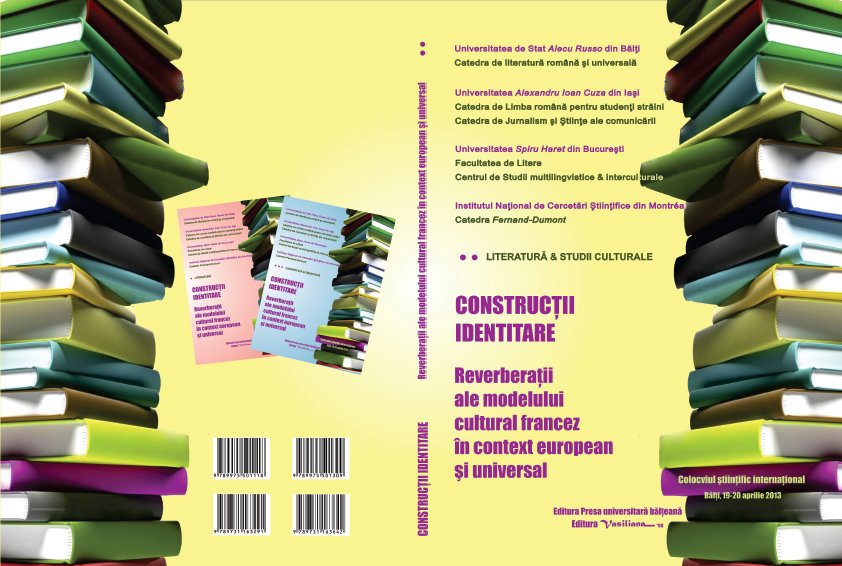
From the literature of open drawers of a Romanian witness writer
DIN LITERATURA SERTARELOR DESCHISE A UNUI SCRIITOR-MARTOR ROMÂN
This study examines journalism which was written by Paul Goma during his tumultuous life of a writer and anticommunist opponent. Collected in three large volumes, it reveals a large number of texts that have been partially or never published in Romanian, but enjoying broadcast at Western radio stations. Articles from press, collected in the two volumes, are arranged in chronological order and what we surely find out is that the author has become a declared opponent of the communist regime even while it was still in force. He wrote about communist camps while in Romania and continued to expose the Ceausescu regime in exile in Paris after the final departure. Even after the 1989 revolution the publicist does not diminish his accusations against those who maintained the evils of communism, covering them with speeches about democracy. The writer’s focus is language which, beyond the social message, has obvious literary features.
More...
